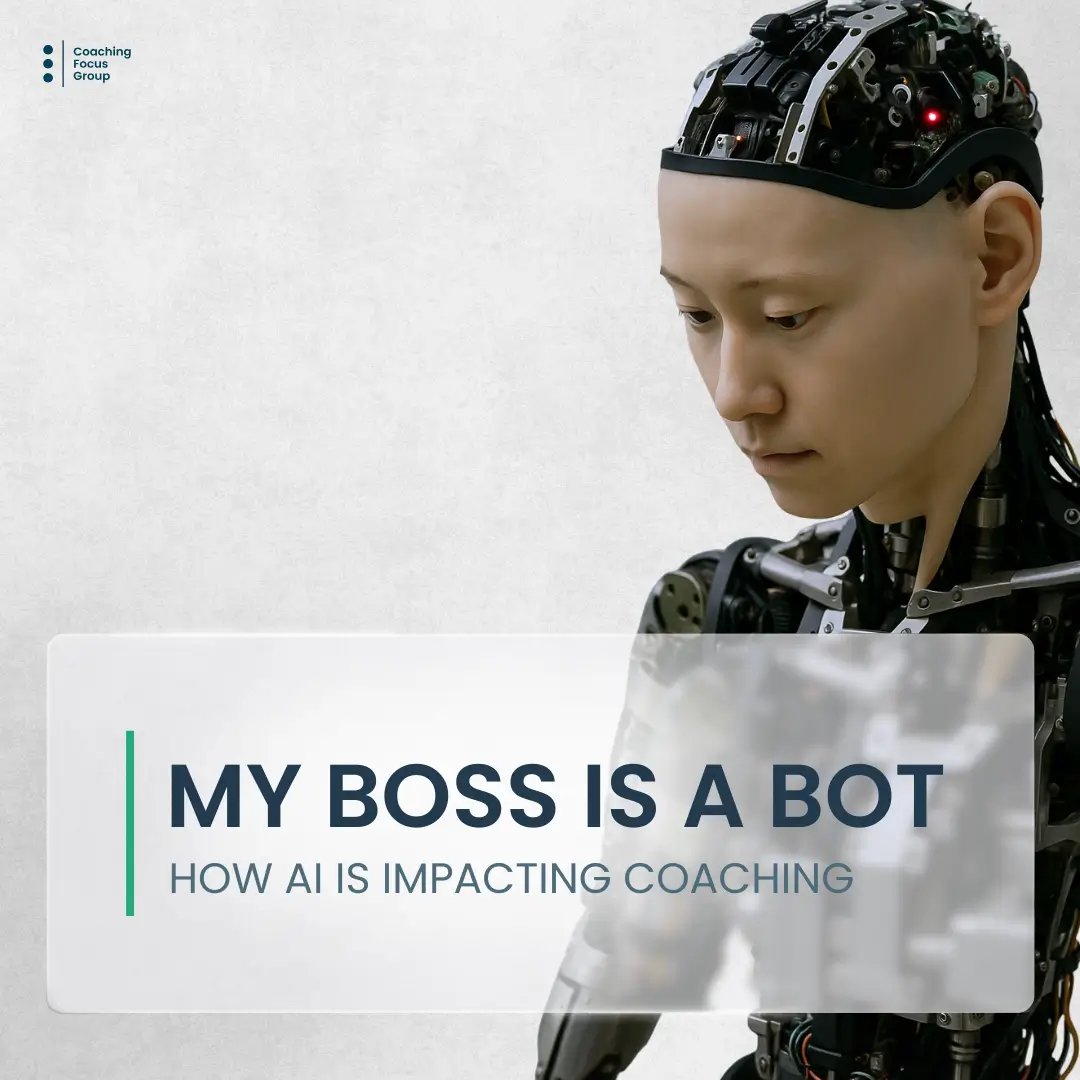Book Review: The Digital and AI Coaches’ Handbook by Jonathan Passmore

Overview
This handbook (published 2024) positions itself as a comprehensive practitioner guide for coaches who are working (or want to work) in digital and AI-enabled environments.
Key features:
- It covers a broad array of topics: from purely digital coaching (video, online) through to AI tools (bots, chatbots, virtual reality) and the wider business/industry context of coaching.
- It is divided into parts: coaching practice, technologies, critical factors (ethics, cybersecurity), diversity, industry change, practice case studies.
- It is oriented at practitioners, supervisors, trainers, student coaches. So, the intended audience is wide (not only tech-nerds).
In short: it seeks to map the terrain of where coaching meets tech and AI, giving both theory and practical insights.
What it does well
- Breadth of coverage
The handbook does a good job of covering many dimensions: technologies (video, VR, chatbots), relational factors (trust in digital/coaching-online), business/industry implications, diversity & inclusion. For example, there are chapters on digital coaching with neurodivergent clients, on AI bias, on cybersecurity.
For a coach trying to understand what’s out there, the book gives a solid “map.” - Practical orientation + grounded in research
The editors have ensured that each chapter includes references, evidence, and practitioners’ reflections. A reviewer noted that “as with any book published by Routledge, this book is solidly grounded in evidence, with each chapter including several pages of references.”
That helps it avoid purely “tech hype” and gives a foundation for critical thinking. - Stimulates reflection on your own practice
Many of the chapters raise questions rather than give “this is exactly what you do.” For example, exploring mindset shifts (“do we have an ethical imperative to stay informed on the latest advancements?”) or the side-effects of digital coaching rather than just the benefits.
That makes it useful for a coach who already has a practice and wants to evolve. - Case studies
The inclusion of global case studies of digital coaching platforms (e.g., CoachHub, EZRA) gives concrete real-world examples of “how this is being done” rather than only theory.
That is helpful because one of the common gaps in coaching-tech discourse is “okay, but how does this show up in practice?”
Where it’s less strong / watch-points
- Depth vs breadth trade-off
Because the book covers so many topics, some chapters feel more like overviews rather than deep dives. For a coach wanting step-by-step implementation guidance (especially for specific tools), the book may not deliver full “how-to” details. For example, a reviewer noted that although the chapter on “technologies for creativity” gives good prompts, it lacks specific how-to-tool examples. - Rapidly changing domain
Given the pace at which AI and digital tools evolve, any “handbook” risks being outdated quickly. The editors themselves acknowledge that from the introduction: “the pace of technological innovations sets an ongoing need for scientific understanding.”
This means you’ll read some sections and might need to supplement with more current articles/tools. - Mixed audience clarity
Because it targets both new coaches, seasoned coaches, trainers, supervisors, etc., the book sometimes assumes different levels of familiarity. Some chapters might feel basic to an experienced techno-savvy coach; others may feel dense if you’re new to digital coaching. One reviewer felt it was “a mélange” and perhaps more valuable for understanding the landscape than for direct day-to-day practice. - Tool implementation vs relational nuance
Though relational factors (empathy, trust online) are discussed, coaches who prioritise deeply human relational work may find the tech-tool parts less compelling or might wish for stronger emphasis on how to preserve that relational connection in a heavily digital/AI assisted model. (This is more an inherent tension in the field than a fault of the book per se.)
Implications for you (as a coach-practitioner)
Given your interest in integrating AI into formal coaching (as earlier), here’s how this book might serve you:
- Great for orientation and reflection: Use it as a reference to check your current mindset, tool-map, business model. It can provoke questions like “how am I handling trust online?” or “what is my position on AI-assistants vs my human role?”
- Useful for building the business/industry context: If you’re thinking not just one-to-one coaching but digital platforms, AI-enabled services, scaling, the chapters on business, industry change, case studies will help you map possibilities and risks.
- Supplement with tool-specific implementation: You’ll likely need to pair the handbook with hands-on tool guides (for specific AI-platforms, chatbots, etc.) if your aim is technologies in action.
- Use as map, not blueprint: The book will tell you what to know, what to ask, what to watch out for, but you’ll still need to craft your own “how” (tools, contracting, integration) tailored to your style, clients, context.
- Ethics & relational vigilance: The book offers strong grounding in ethics, diversity, inclusion in digital/AI coaching. That’s a major plus — especially since you’ll want to protect the human-first aspect of coaching even as you lean into tech.
My verdict
If I were to give it a rating (for you), I’d say: very good and highly recommended, with the caveat that it is not sufficient on its own to create a full AI-enabled coaching practice.
It hits the sweet spot of “this is the future terrain you need to know” and “here are many of the building blocks” rather than delivering a turnkey system.
For a coach who’s serious about leveraging digital & AI, this book should be one of the foundational texts. For a coach wanting immediate plug-and-play tool templates, you’ll want to look further.
🤖 Interested in AI and Coaching? This One’s for You.
If The Digital and AI Coaches’ Handbook sparked your curiosity, you’ll love this. Catch the replay of Trayton Vance’s thought-provoking webinar, My Boss is a Bot – How AI is Impacting Coaching.

Explore how artificial intelligence is reshaping coaching, where human insight still shines brightest, and how you can harness AI to strengthen — not replace — real connection.
🎯 Watch on demand and gain practical ideas to future-proof your coaching in an AI-driven world.
Trayton Vance
Trayton Vance is the Founder and Managing Director of Coaching Focus Group, one of the UK’s leading leadership coaching consultancies working with clients such as McDonalds, Beats by Dre, Paramount and many more.
Coaching Focus Group
Specialists in leadership coaching, workplace coaching programmes, and building coaching cultures that stick.
[FREE WEBINAR]
Feb 19 from 12pm to 1pm GMT

You might be interested in...


Employee Engagement Series


.webp)









